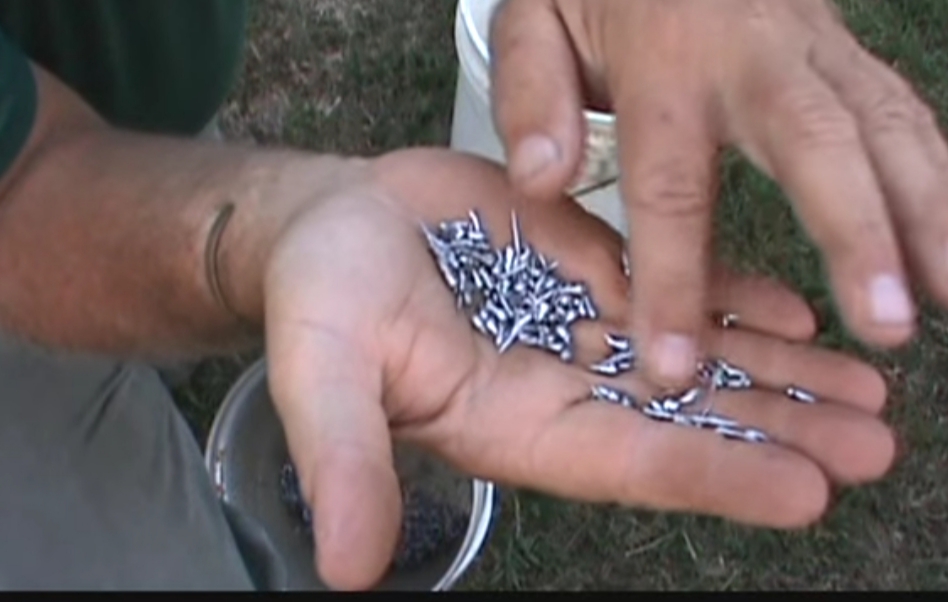I can't comment on the use of pewter because I've never tried it, although I've heard apocryphal stories of people on the frontier casting balls of it in times of crisis when they ran out of lead. It was a last resort back then, and probably should be now. I don't know how pewter bullets compare to pure lead in weight or point of impact.
A fellow who worked for a power company years ago gave me a quantity of pure lead sheathing, and I haven't used it up. Just the same, thank you, nhmoose, for the information about Roto-Metals! This is good to know. I would think that spending the few extra dollars for pure lead, as our guns are supposed to shoot, would be worth it.
For the original poster, I would recommend that you track down cowboy action clubs in your area, and find out where they shoot. I went through a lengthy cowboy action phase, and can tell you these folks shoot cast lead bullets, and they shoot them with abandon. The bullets are shot against steel plates, and deflect downward. Ammo for cowboy action is loaded for very low velocities, and most of each bullet's energy is absorbed by the steel target plate, so the spent bullets just drop to the ground. The bullets, quite literally, can be picked up off the surface. Contact the range where the CAS people shoot and ask if you can salvage some of the bullets. Wear rubber gloves, and wash your hands after scrounging to show that you care about the hazardous nature of the material.* I have picked up five pounds of bullets in ten minutes after a cowboy action match. Melt the scrounged bullets down, flux and skim the lead, and cast your ingots or bullets.
As far as I know, only the cap and ball revolver shooters in the CAS crowd shoot pure lead balls; everybody else uses a lead alloy. I have found the harder lead alloys produce slightly oversized round balls. My 0.600" Lee mould drops balls of about 0.603" when casting with recycled "range lead." I have used a few of these in my 20 gauge smoothbores.
*Lead is now considered a hazardous material. Your local range may have a rule against salvaging it, so make sure you have permission. A local range founder and owner in my area told me when he first opened his range, a company would pay him every year to come in and salvage the lead from his berms. Now, the management for the same range has to pay someone to come in every year to sift through the berms and remove the lead for "hazardous waste abatement." All I can say is I have childhood memories of my family sitting around the table eating squirrel, rabbit, duck, quail, doves, etc., picking shot out of our teeth and dropping it in little piles on our plates. And those were the pellets that were not ingested!
Notchy Bob





